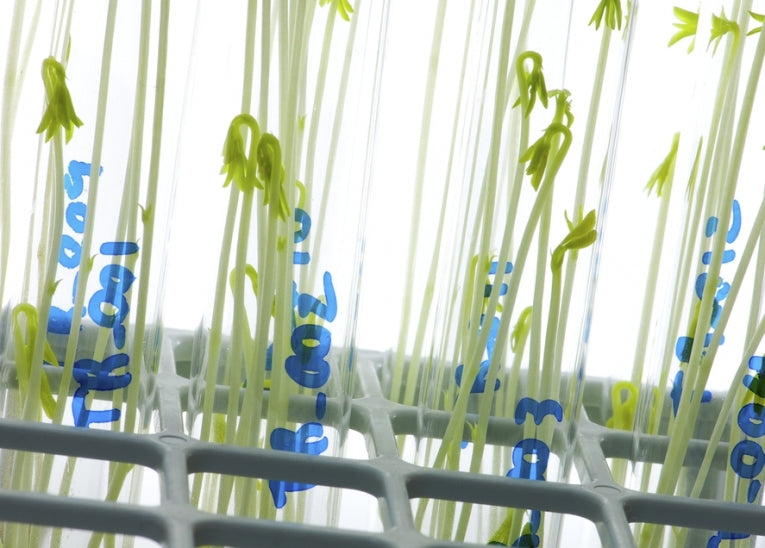The controversial story of genetically modified (GM) food has been a tale of two farms. On one side of the fence, farmers in the US, Canada and some parts of Latin America have eagerly welcomed the technology, with GM crops making up ever larger fractions for harvests of corn and soy. Leap across the Atlantic, however, and you'll find drawbridges that have been firmly raised. GM foods are widely distrusted, and banned by most countries in Europe - with 60% of the European public saying they don't want GM on their side of the fence.
Not for much longer, if judges at the European Union (EU) have their way. Opinion polls don't have much of a sway with legal niceties, and last Friday the EU Court of Justice gave certain GM crops - such as Monsanto's MON 810 corn - the green light to be grown across the continent. In effect, the judges have ruled that nation states, such as Italy and France - who have banned MON 810 - have no say over what can be grown in their fields, provided the EU as-a-whole has approved it.
Into the breech for GM?
This opening of a breach in Europe's defensive barricade against GM is naturally applauded by many those on the 'industrial' side of the agriculture industry. "Today's ruling by the highest court in the European Union again confirms that national bans on GM crops are not legally defendable," said Carel du Marchie Sarvaas, from EuropaBio, the European Association for Bioindustries. But even as the law swings in favor of GM crops, in one of the last bastions of resistance to genetically modifying foodstuffs, the science appears to be telling a different tale.
Part of the opposition to GM crops - which involves forcing genes from entirely different species into plants, to try and gain improvements in yield, taste or storability (or even to make crops produce drugs) - comes from concerns as to where these extra genes will flow in the wider world. Because the genes being added into the mix are 'alien', they may have unintended effects in the broader ecosystem - or even cause health problems in those eating the crops.
'Healthy' GM wheat a danger to health?
Just such a concern over the health impacts of genetic engineering has surfaced in the last couple of days, as Australia's national science agency (CSIRO) pushes for a GM wheat strain to be introduced into the country. The wheat has been engineered so that its grain has a lower glycemic index - something it is claimed would benefit those who are diabetic. But the world's first genetically modified wheat crop flew into a storm of controversy this week.
The Safe Food Foundation revealed at a press conference on Tuesday that several respected scientists have serious concerns over the threat to health posed by CSIRO's GM wheat. Professor Jack Hinemann, a molecular biologist from the UK's University of Canterbury, said he had found that "the molecules created in this wheat, intended to silence wheat genes, can match human genes and through ingestion these molecules can enter human beings and potentially silence our genes." In this case, CSIRO's GM wheat had the potential to cause liver damage to those eating it.
Rootworms fight back
And if health worries over new crops weren't enough, some of the most heavily-used GM crops are starting to lose their shine too. Last week the US Environmental Protection Agency announced that it was to investigate research showing that Monsanto's YieldGuard corn was losing its pest-killing abilities.
This GM corn has had genes inserted so that it makes an insecticide, Cry3Bb1, to kill corn rootworms - a major pest problem for US corn growers. The problem is that the rootworms haven't played according to the script, and are developing resistance to the corn's GM insecticide. Nature, it seems, is fighting back.
That is not good news for a US corn crop already under assault from unprecedented droughts. It is also not good news for a technology that likes to clasp to itself the role of savior of the world's hungry masses. Only a few years after being introduced, the 'wonder' properties of GM crops are being shown to be at risk of disappearing.
So while GM crops may be winning in the courtrooms, down on the farm, and deep in the labs, they appear to be losing ground. The question is - can those countries not already swamped by the GM invasion hold out before irreparable damage is done?










